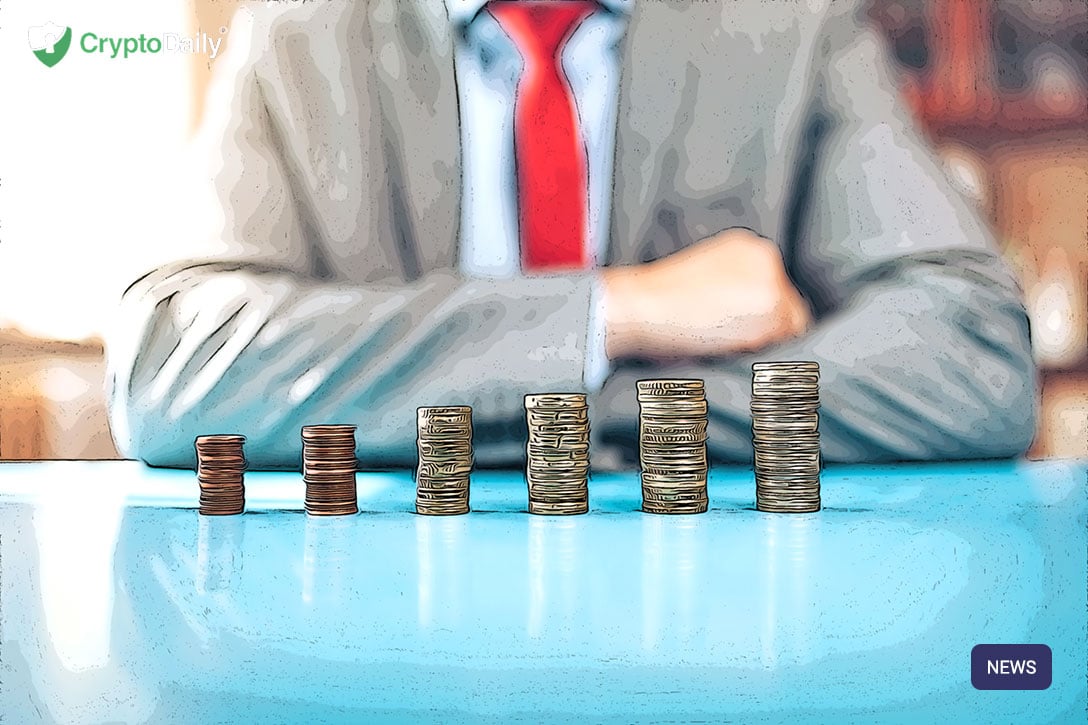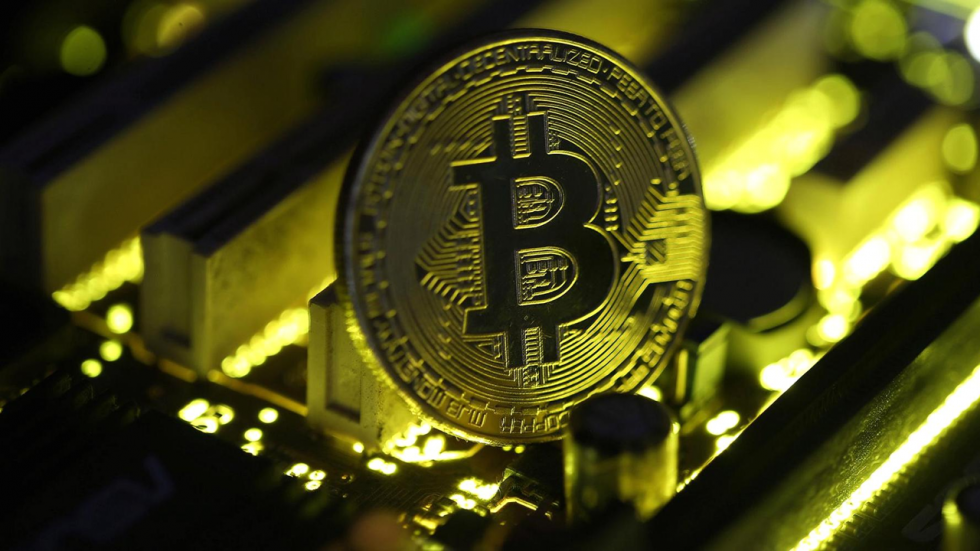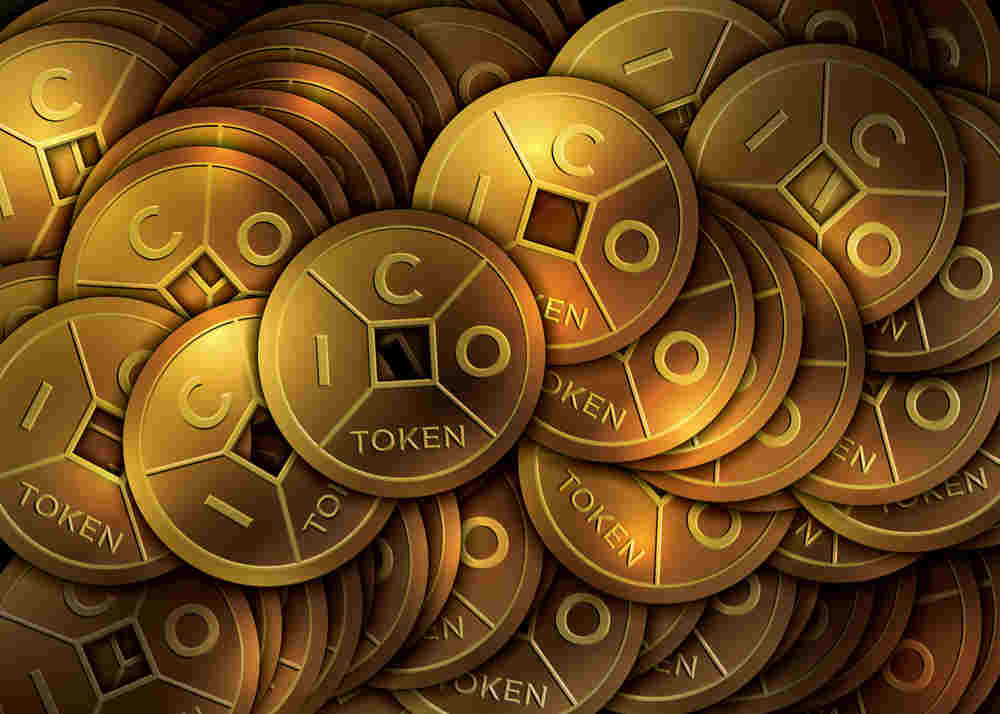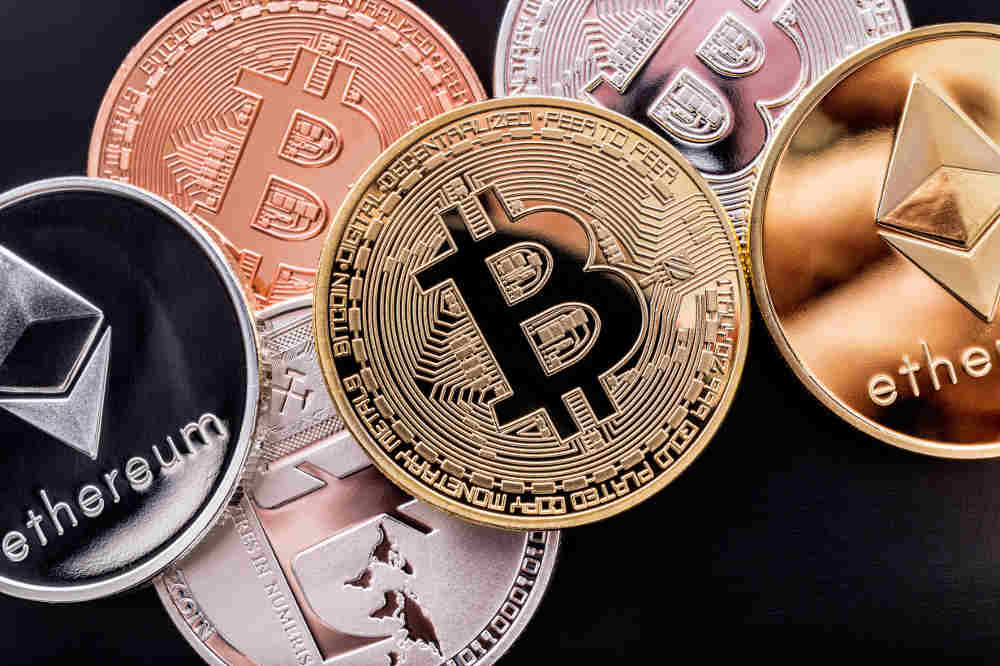Will bitcoin appear on this chart of global reserve currencies in the future?
Could a non-state cryptocurrency like bitcoin become a global reserve currency? I first proposed the idea back in November 2013, long before bitcoin’s rise to $19,000, decline to $3,200, recent ascent to $13,000 and current retrace.
The idea is intriguing on a number of levels. In terms of retaining value though thick and thin, the ultimate reserve currency cannot be printed (and thus devalued) with abandon by a government. Gold and silver have served as the ultimate reserve currency, as precious metals can be traded for commodities and services, provide collateral for debt and serve as reliable stores of value.
While many observers believe gold is still the only reliable reserve currency (or if you prefer, the only reliable backing for government-issued paper money), it’s a worthy thought experiment to ask if a digital currency could also act as a reserve currency.
Since there is no real-world commodity backing the digital currency, its value must be based on scarcity and its ubiquity as money. The two ideas are self-reinforcing: there must be demand for the digital money to create scarcity, and the source of demand is the digital currency’s acceptance as money that can be used to buy commodities, goods, services and (the ultimate test) gold.
It follows that the first step in a non-state issued digital currency becoming a reserve currency is that it isn’t created in quantities that dwarf demand. If the digital currency is issued with abandon, it cannot be scarce enough to gain any value. If I own one quatloo (our hypothetical digital currency) and a trillion new quatloos are issued tomorrow, the value of my one quatloo will decline to near-zero.
The second step is its widespread acceptance globally as money, i.e. a store of value and something which can be traded for goods and services.
Source/More: oftwominds-Charles Hugh Smith: Could a Cryptocurrency Become a Global Reserve Currency?















